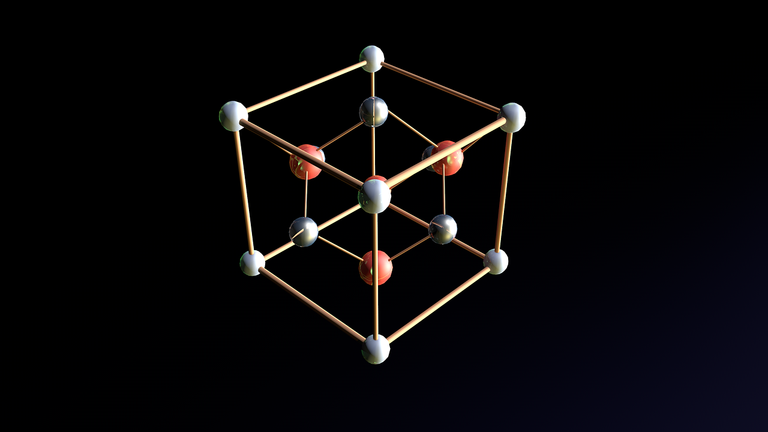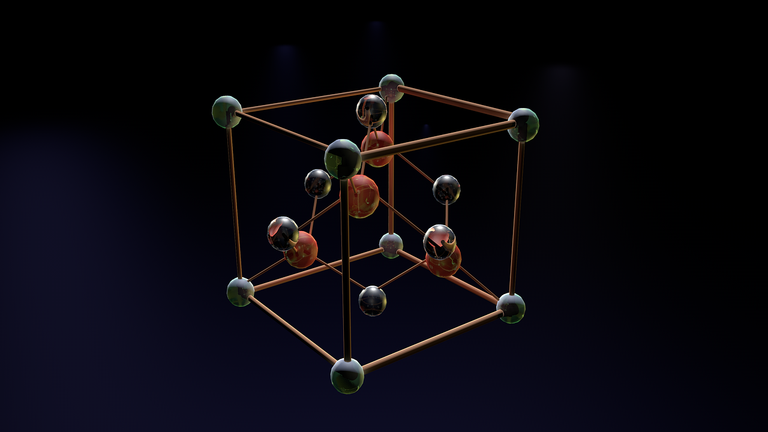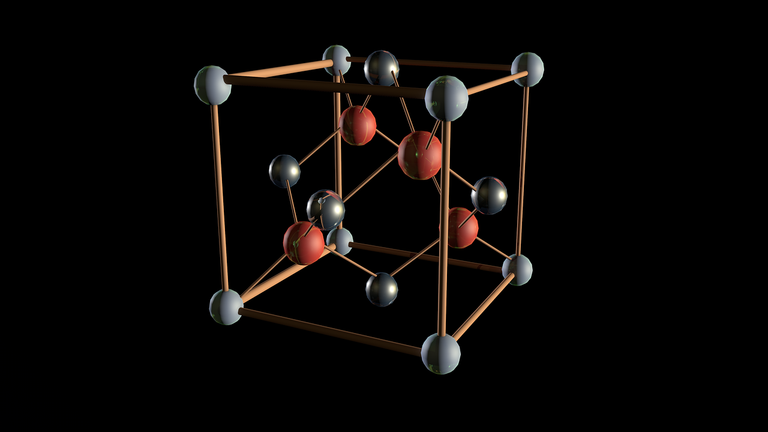Do you know that there is a metal that melts into liquid just by holding it ?
Someone say "MELTDOWN"
Now if you are half of what I used to be when I was a kid, I can guarantee you that at some point in your childhood fantasies, you wanted to feel like a superhero with the power to melt metal with just a touch? Well I have good news, thanks to science, you kind of can! How? Well meet GALLIUM, the metal that turns to liquid at just above room temperature. That’s right, you can actually melt this metal simply by holding it in your hand. Intrigued? If your answer is yes, well there is more and If no, well there is still more, so read on
What is Gallium?
First things first, let’s get acquainted with gallium. Gallium is a chemical element with the symbol Ga and atomic number 31. It’s a soft, silvery metal that shares the same group on the periodic table as aluminum, indium, and thallium. It was discovered in 1875 by French chemist Paul-Émile Lecoq de Boisbaudran. Now, if you’re thinking, “Why haven’t I heard of this gallium before?” you’re not alone. Gallium doesn’t exactly get the spotlight like gold or silver, but it has some pretty cool (or should we say, hot?) properties ooooh Gallium’s most jaw-dropping trait is its low melting point of about 29.76°C (85.57°F). To put that in perspective, this is just above room temperature, meaning if you hold a piece of gallium in your hand, your body heat is enough to melt it. Imagine holding what looks like a solid piece of metal, only to see it transform into a silvery puddle right before your eyes. It’s like something impossible but made possible right before your very eye ! So, why does this happen? You see, metals are generally known for their high melting points, but gallium is an exception. The atoms in gallium are held together by relatively weak metallic bonds, which means it doesn't take much heat to make them break apart and flow as a liquid. Now, You might be wondering, aside from this melting wonder , this and that, what good is a metal that melts so easily? As it turns out, gallium has several practical uses. Electronics: Gallium is a key component in the production of semiconductors. It turns out that Gallium arsenide (GaAs) is used in high-speed electronics and optoelectronic devices like LEDs and solar panels. Your smartphone, for instance, likely contains gallium. Thermometers: Gallium can be used in high-temperature thermometers. It’s a safer alternative to mercury because it’s non-toxic and has a wider liquid range. Alloys: Gallium can be combined with other metals to create low-melting alloys. One popular alloy is galinstan (gallium, indium, and tin), which is used in thermometers and other applications that require a non-toxic, low-melting-point metal. Image by Kristina0000 from Pixabay Let do a bit more digging, here’s where gallium’s mischievous side comes into play. Gallium can be used to perform an epic prank something like that on aluminum objects. Gallium can "eat away" at aluminum because it diffuses into the metal, disrupting its structure. The result? An aluminum object like a soda can becomes incredibly brittle and can easily crumble apart. So, if you ever find yourself in need of some harmless (but possibly messy) fun, gallium might be your go-to material. Just remember to use it responsibly and ethically! I know what you thinking at this point or what you might be thinking, Yes I know, but before you rush out to get your hands on some gallium, there are a few things to keep in mind. While gallium is not toxic, it can stain your hands and surfaces. It’s also important to avoid getting it in your eyes or mouth. And while gallium won’t melt at room temperature, it can leave a metallic residue if it starts to liquefy. So, handle with care! Well Gallium as we know it isn’t something you can pick up at your local grocery store, but it’s not exactly rare either. It’s usually extracted as a byproduct of aluminum and zinc production. You can buy gallium online from scientific suppliers, where it’s often sold in small quantities for educational and experimental purposes. As technology advances, the demand for gallium is expected to increase. Its unique properties make it valuable in the fields of those like electronics, renewable energy, and even medical applications. Who knows? Maybe one day, gallium will be as common in our lives as aluminum is today. In conclusion, gallium might not have the bling bling and blang blang of gold (by the way, not all that glitters is Gold) or the strength of steel as we can see, but it still has a charm all on its own which you already know, Its ability to melt in your hand. So next time, let say you want to impress your friends with some cool science facts, tell them about gallium, just make sure they are not the sciency ones and make sure they definitely havent heard about the metal that melts with a touch. Who knows you might end up being the spotlight of the night, and maybe even inspire someone to dive deeper into the amazing world of chemistry.
Image by Kristina0000 from Pixabay
Melting in Your Hand
Gallium vs. Aluminum

Now where do you find Gallium

Image by Kristina0000 from Pixabay
Thanks for bringing that information! gallium looks interesting and I never heard about it!
I have heard of it since I started chemistry 101 back in the days, I just never realised that it could melt just by holding in your hands
Thanks for your contribution to the STEMsocial community. Feel free to join us on discord to get to know the rest of us!
Please consider delegating to the @stemsocial account (85% of the curation rewards are returned).
You may also include @stemsocial as a beneficiary of the rewards of this post to get a stronger support.
i knew it and also read that in so countries the people used galium in spoons, it is funny becauste when they wanted eat a soap the spon desapear jajajja
Do you means a spoon made out of gallium or that also contains Gallium as the component?